6 Ways To Cheat At Making Music
You’re already cheating at making music by using technology – or so proper musicians might tell you. But even with all the tech in the world, there are extra shortcuts to production nirvana… Some might say that using technology to make music is already ‘cheating’. We say to those people: “No way, leave us alone […]
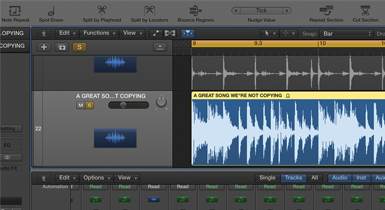
You’re already cheating at making music by using technology – or so proper musicians might tell you. But even with all the tech in the world, there are extra shortcuts to production nirvana…

Some might say that using technology to make music is already ‘cheating’. We say to those people: “No way, leave us alone and take your chastising elsewhere. Is using a phone cheating at ‘making a conversation’? Of course it isn’t, it’s using technology to benefit ‘chat’, just as music-production gear is benefiting ‘music’. Simple as, Mister.” However, there are tricks, even within those layers of music technology, which make you think ‘it’s almost too easy to do this’. Some are obvious, some are not; some are just plain black magic.
All of them fill us with a little unease, but we’ve probably used them and taken the glory, albeit with some quiet, hidden shame. “That’s a great piece of music,” they say. “Thanks,” we reply, and then a little piece of us dies inside as we whisper “I did it all myself…” So – cheating or using your initiative? You decide…
1. Use samples. Yes, we know…
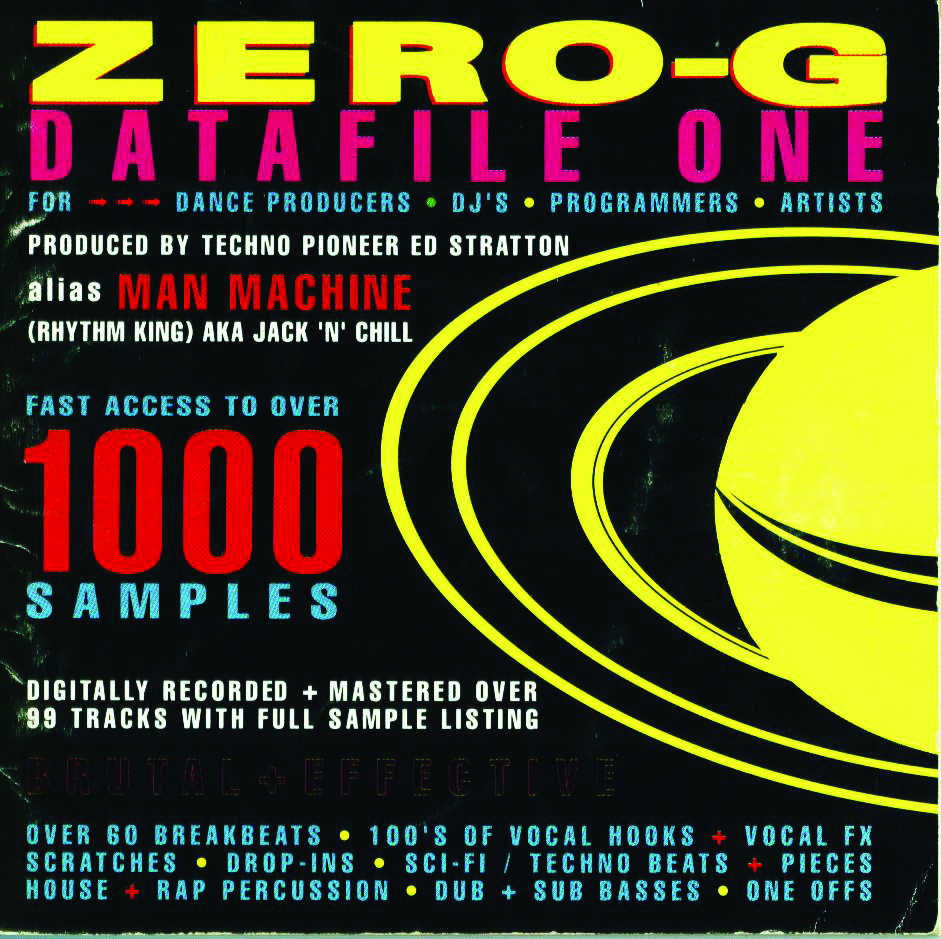
Okay, this is the obvious one. Since the very first sample CD – and yes, we remember it – the debate has raged about using samples and whether they make music production too easy. We say: use them, that’s what they’re there for. And if you must quench that feeling of unease, use them as a template for, say, a drum pattern and then replace the beats with your own as you mix, and then delete the original sample. Stick some effects on them to make them your own but, overall, don’t worry about it. If you’ve paid for them – and not lifted them without clearance – use them. Be creative, by all means, but USE THEM!
2. Get your mix done for you
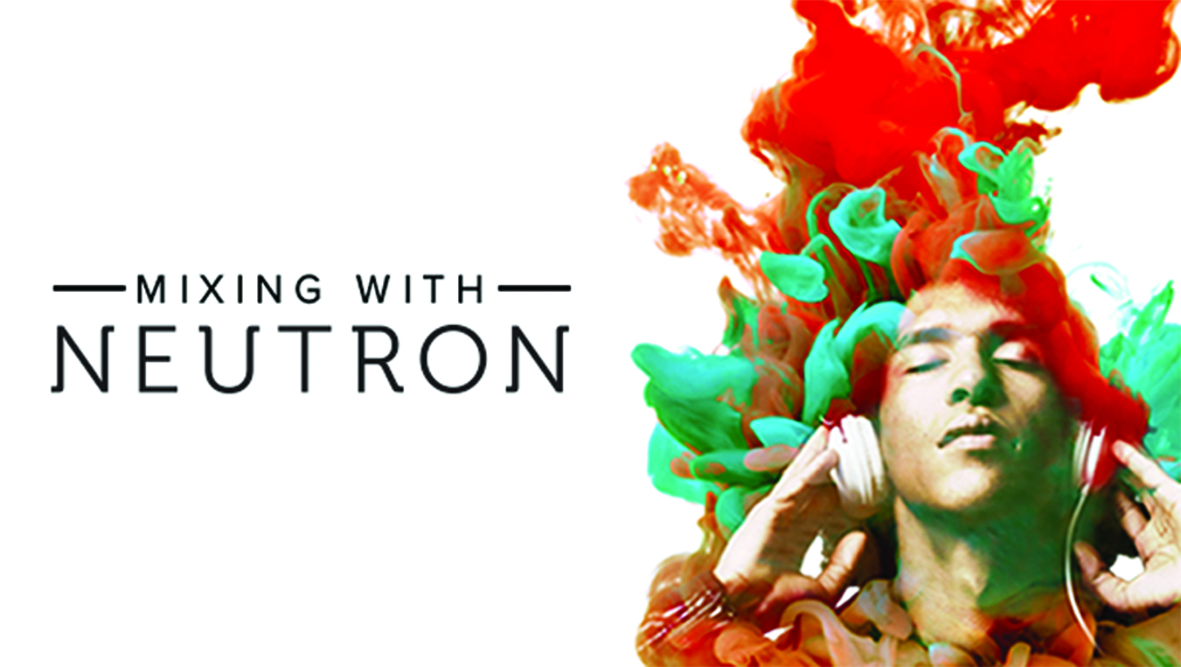
Some of the latest music-production software does stuff you frankly wouldn’t believe is possible. Zynaptiq (www.zynaptiq.com) creates a range of plug-ins that can remove filtering and reverb from audio, and iZotope’s Neutron (£185 from www.timespace.com) goes several steps further by doing your mixing for you. Yes, really! It presents you with options to improve your mix and even shows you what it’s doing, so you can learn from the experience. It’s so good that you genuinely wonder how the heck it does it. Evil. Black. Magic. That’s how.
3. Just get everything else played for you

Virtual band, anyone? Nowadays, you don’t need real people to play in your band. There’s a whole host of different ways to get players. VOCALOID, Yamaha’s virtual singing software, used to be a bit rubbish but has grown up to be, by all accounts, a lot better… so if you’re having trouble singing yourself, or you’re just fed up with dealing with fragile singer egos, then cheat – and get yourself a fake one (there are loads of options and prices over at www.vocaloid.com/en). Then, of course there are other virtual players. Most DAWs come built-in with an array of instruments, but Logic’s Drummer is one of the best-implemented ways of making beats – without knowing the first thing about how to do so – that we’ve ever seen.
“We’ve used these shortcuts and taken the credit. Cheating or using your initiative? You decide…”
4. Genre software
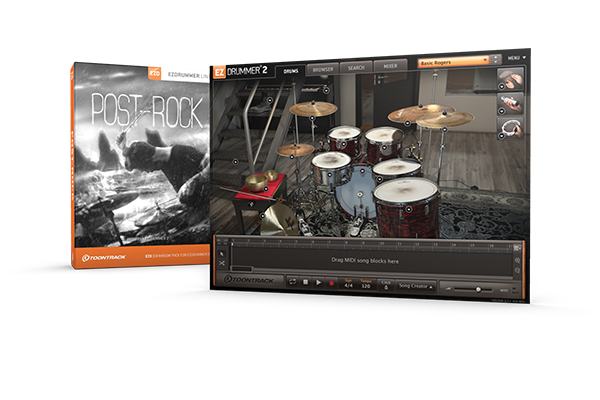
Shoegaze, hip-hop, drum’n’bass, rock… whatever your genre of music-making, you can bet your life someone will be producing something to help you make it. Generally, you get more help with beats, as the Toontrack EZX range proves (around €69 from www.timespace.com) and covers everything from post-rock to dream pop. Beats are your backbone, but if you want to get even more specific, try these for size…
5. Band software
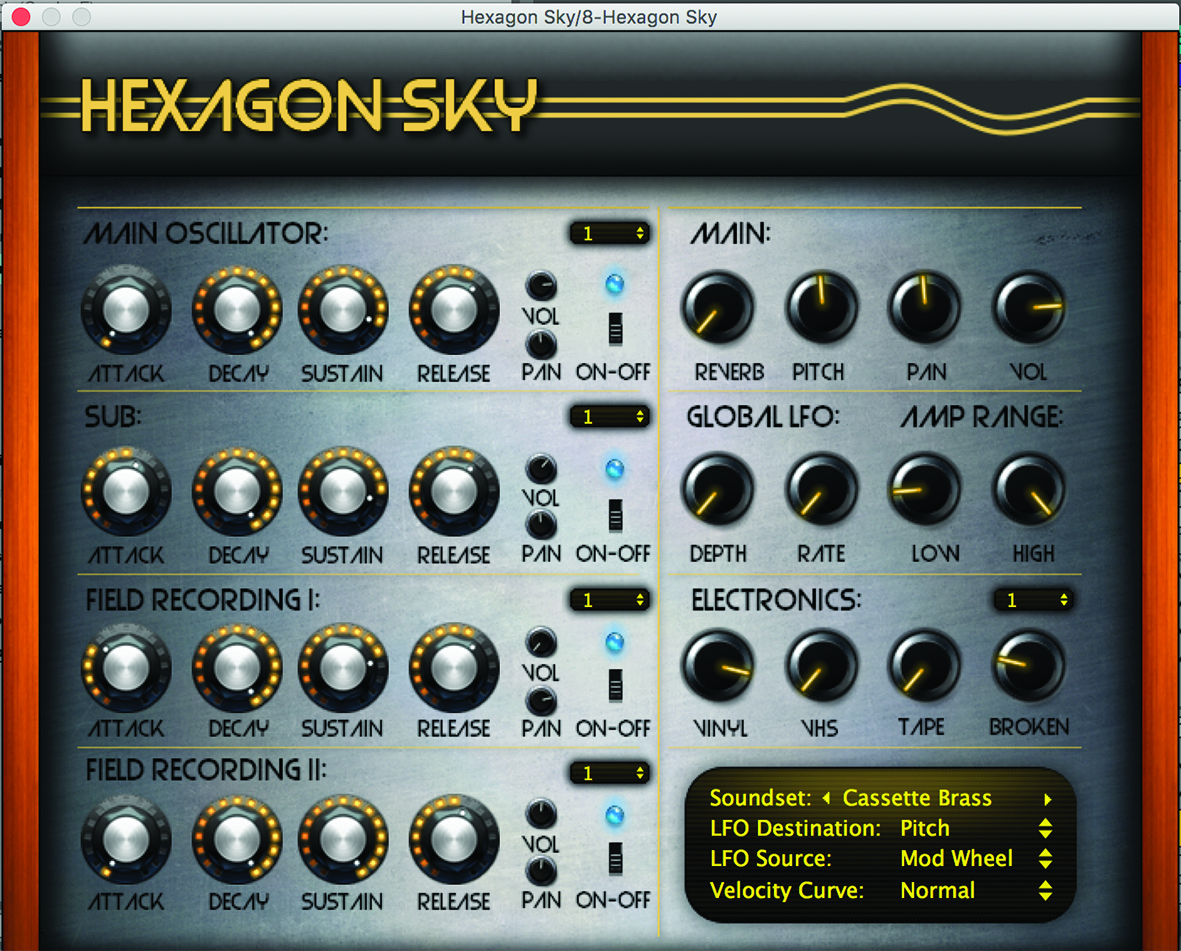
Yes, there really is software that helps you sound like your favourite band. Over the last couple of issues, we’ve looked at two very specific plug-ins: Hexagon Sky ($29, ww.samplescience.ca) and Modalities ($29, www.looplords.net) that help you sound like established acts: in this case, Boards Of Canada and Depeche Mode respectively. Before you shout “Nooooo!” in a kind of aghast way, these are (whisper it) actually rather good. Hexagon Sky gives you all of the grit, but includes creative options, while Modalities is a very well-thought-out sample pack/instrument. We can only see more of these being released, so keep your eye on our reviews section for your favourite artist-based plug-in soon.
6. Copy (but don’t copy)
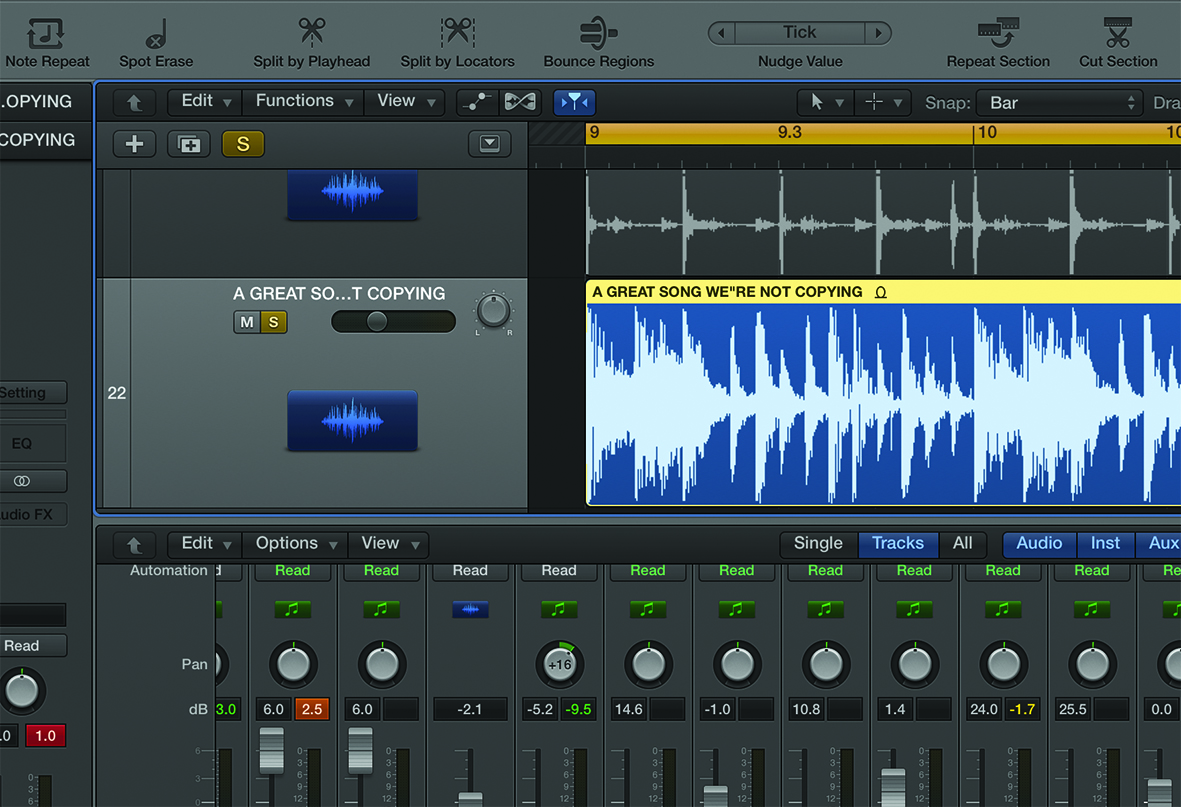
We always say when mastering your music, you should load in a piece of music that has been professionally released and well mastered to give you a reference point. Well, while it’s there, why not examine more about it – its structure, arrangement, the mix… Don’t copy it per se – just have the audio of a great song as a reference point in your DAW and you can learn from it in all sorts of ways.